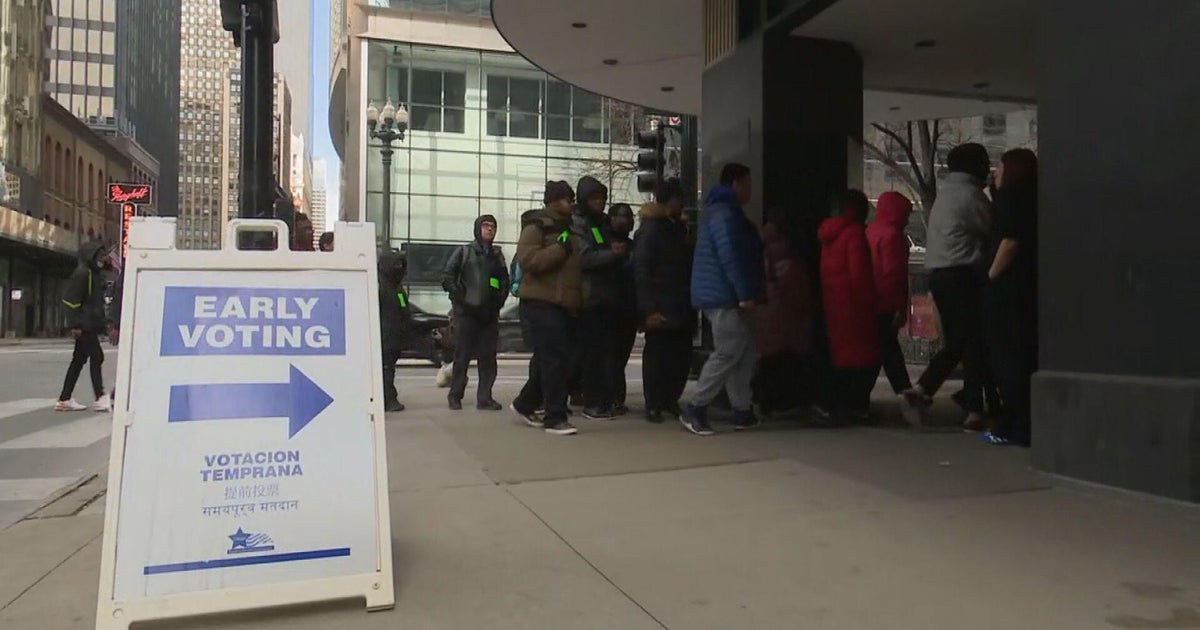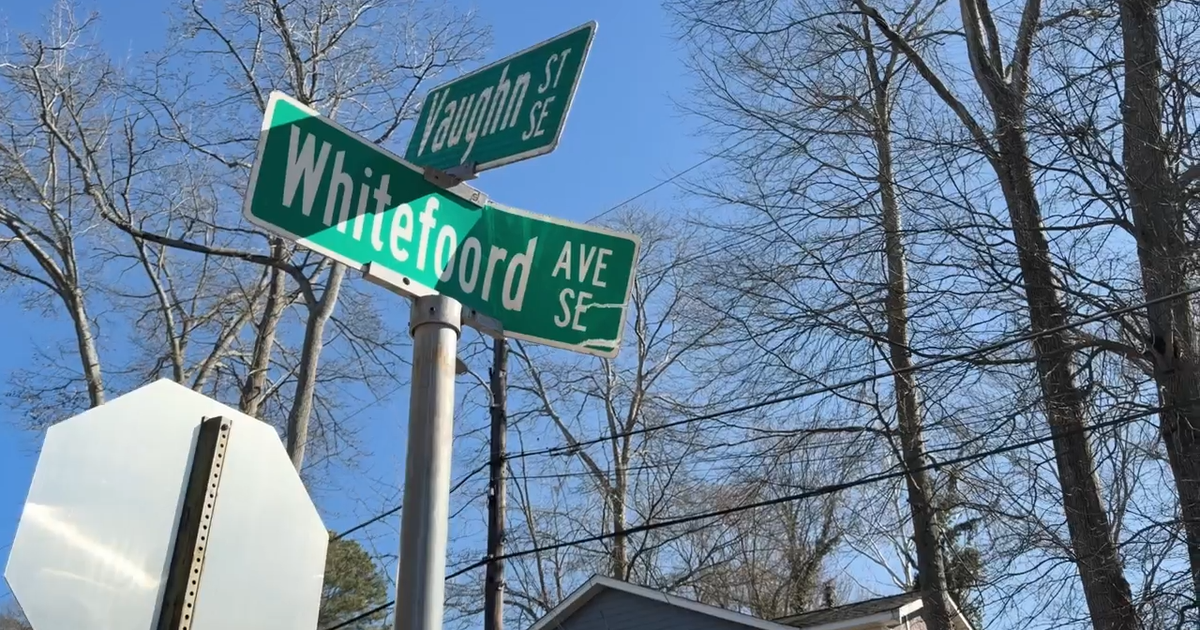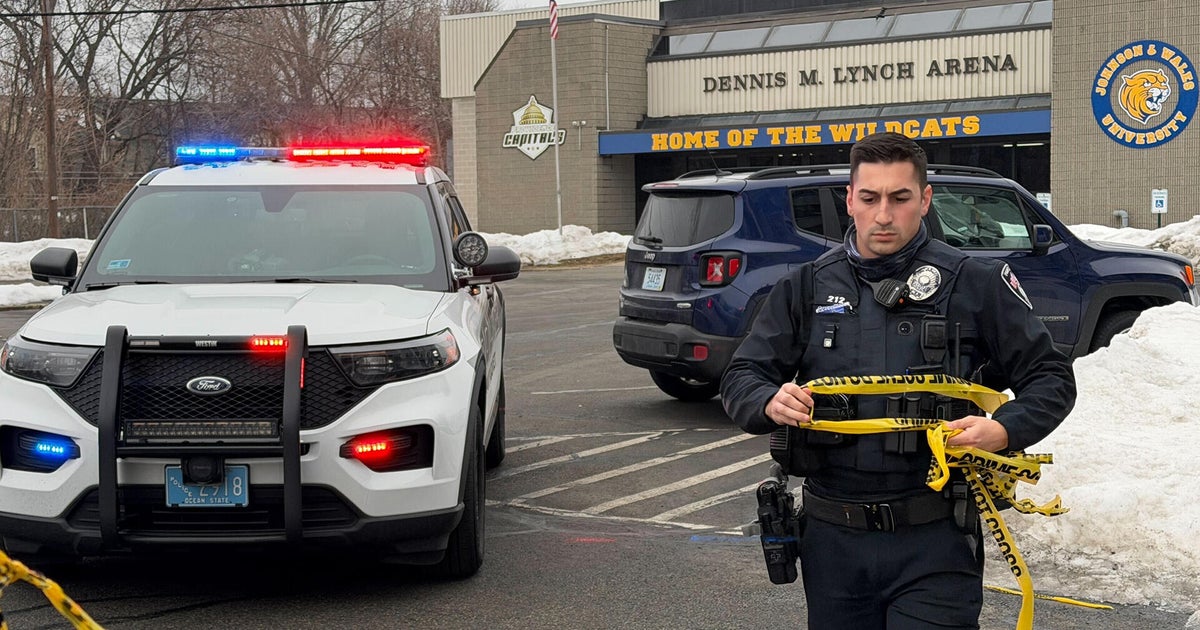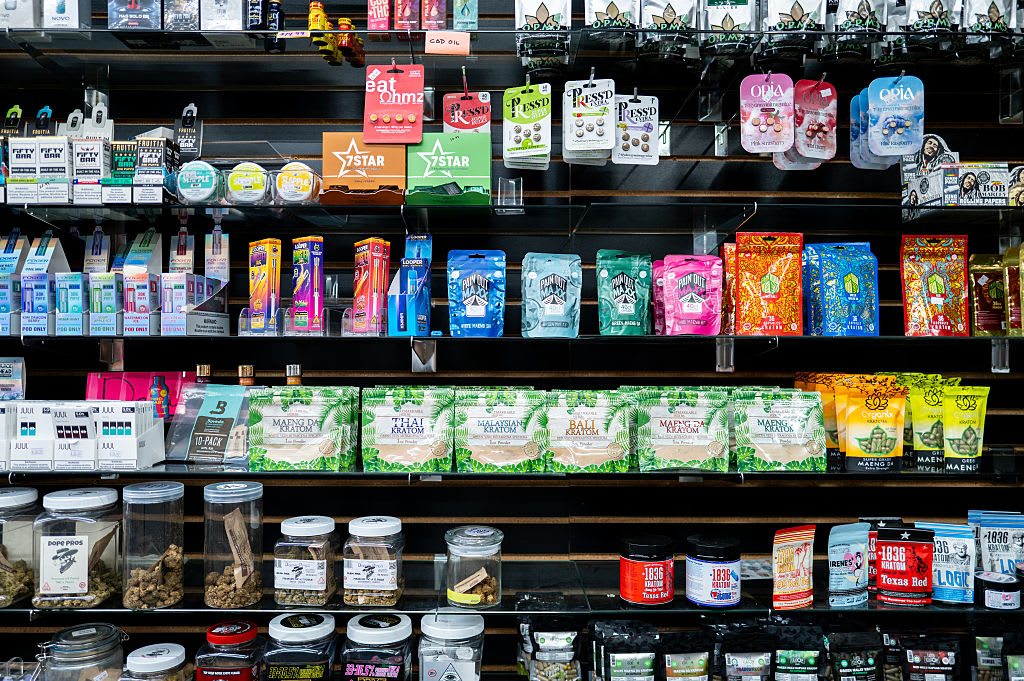Rhode Island votes to change state's full name after criticism over slavery connotations
Voters in Rhode Island took to the polls on Tuesday to vote on a referendum that would change the state's official name. The people have spoken, and the state's full name – The State of Rhode Island and Providence Plantations – will be shortened to remove language that has long been criticized for its slavery connotations, according to The Associated Press.
The Associated Press projected that with 100% of the state's precincts reporting, the ballot question to remove "and Providence Plantations" passed with nearly 53% of the vote.
Early this year, a petition to change the name of the state received more than 10,000 signatures. "If you ask anyone what's the first word that comes to your mind when you [read] plantation? They'll likely say slavery, and to every African American it holds a painful memory and represents the very real systematic racism in our government," the petition said.
Rhode Island did play a role in the transatlantic slave trade, launching more than 1,000 voyages to bring slaves from Africa to the U.S., the AP reported.
Governor Gina Raimondo also signed an executive order earlier this year to use "State of Rhode Island" in executive orders, citations and on the executive agency website.
In announcing the order in June, Raimondo tweeted: "Our work to dismantle systemic racism in Rhode Island did not start today and it will not end today, but we can rise together and make meaningful progress toward racial equity now."
"Rhode Island was founded on the principles of acceptance and tolerance, and our state's name – and actions – should reflect those values," she wrote in a second tweet.
Opponents of the referendum argued that the word "plantation" is not meant to be racist, but is instead a reference to colonies with agricultural economies, CBS Boston reported.
This isn't the first time the state has tried to change its name — but in 2010, 78% of voters opposed the measure.
Sophie Lewis contributed to this report.



